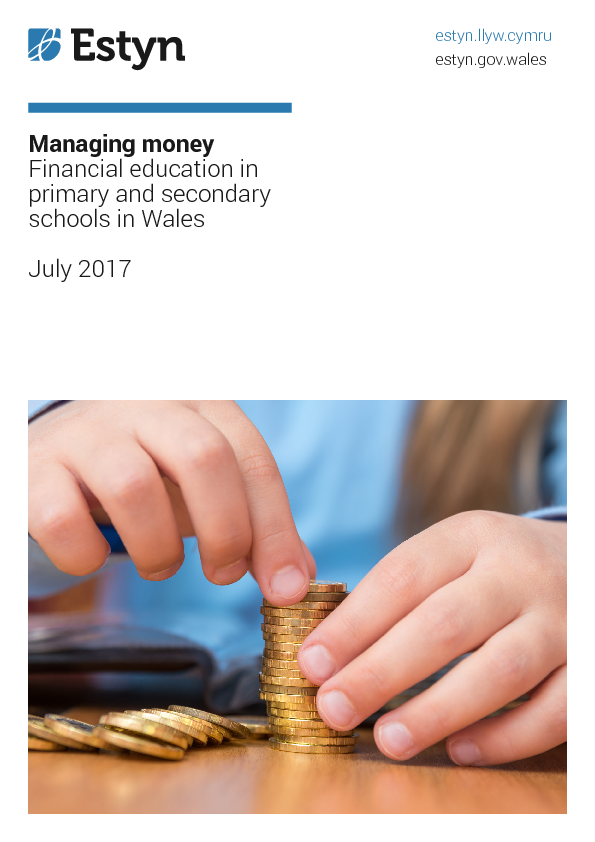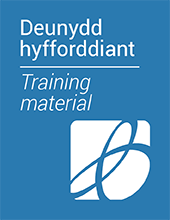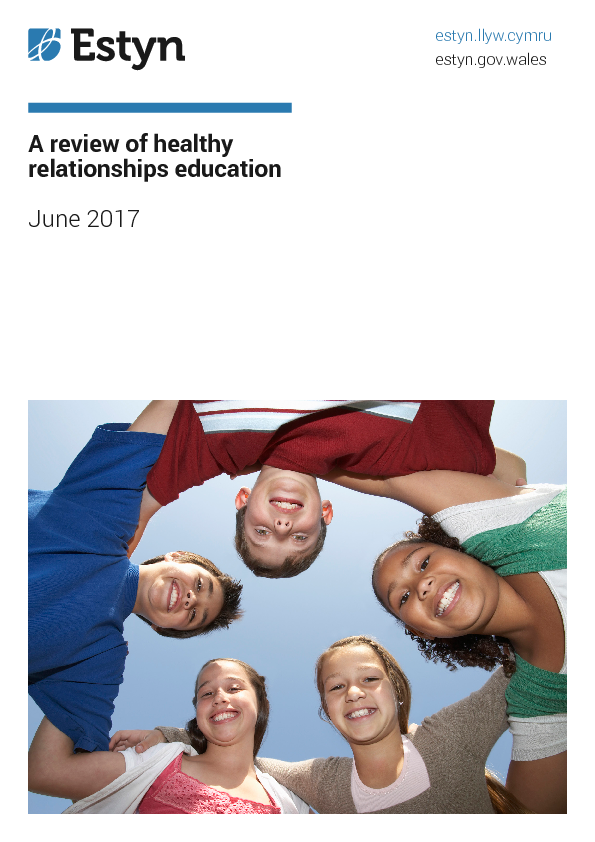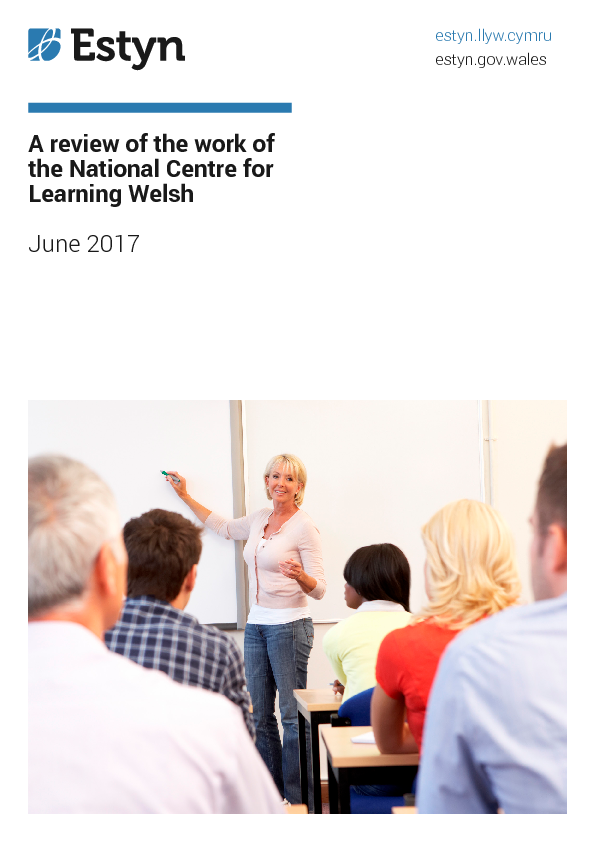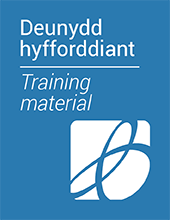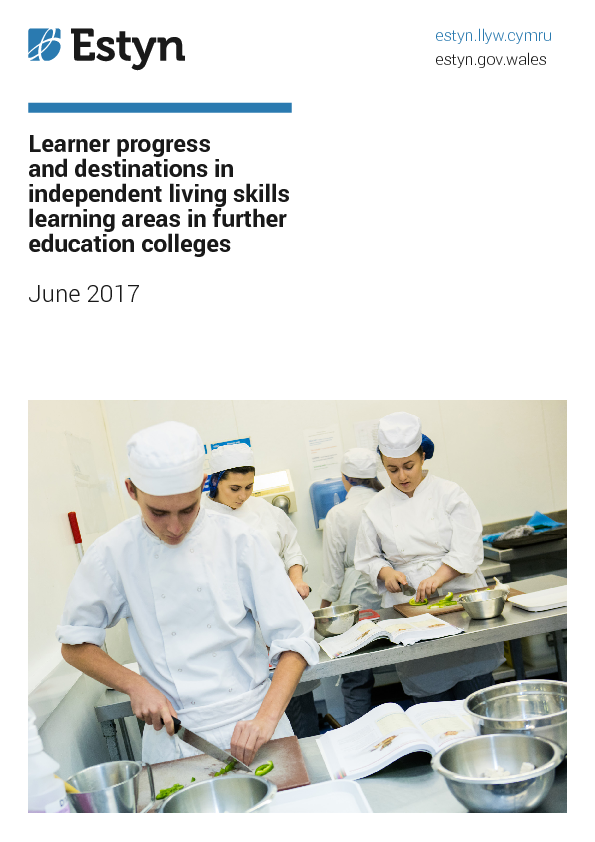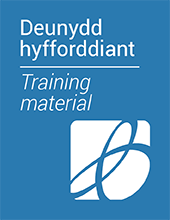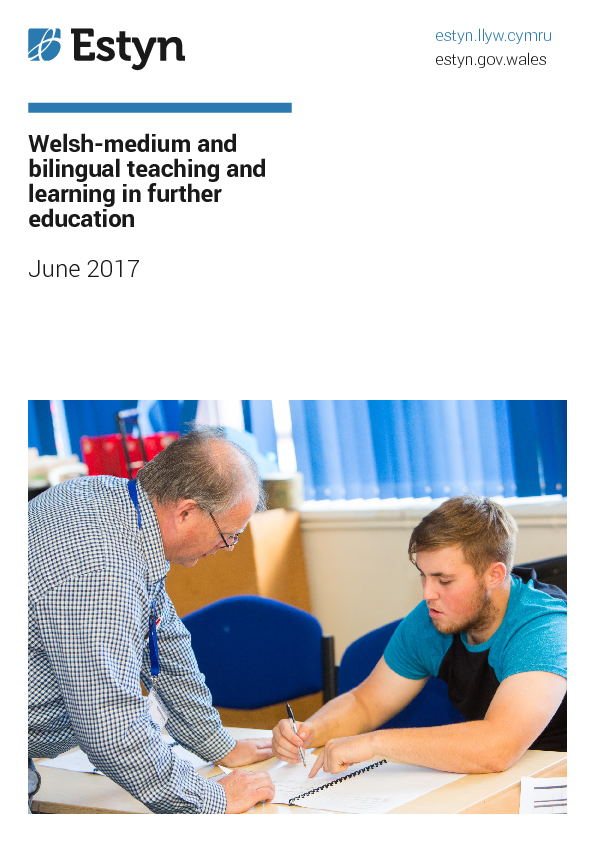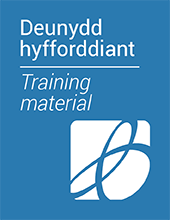-
R1 Work more effectively with secondary schools to identify Welsh-speaking learners before they transfer to college and ensure that learners have all the information about support that they need in order to allow them to choose to continue their learning in Welsh
-
R2 Strengthen Welsh language strategic plans to increase the number of learners who learn in Welsh or bilingually, particularly in the occupational areas for which there is an increasing demand by employers for bilingual skills
-
R3 Ensure that there are sufficient staff available in each college to provide courses in Welsh or bilingually and to support staff who wish to learn Welsh or improve their Welsh
-
R4 Improve staff training on the methodology of teaching bilingually and ensure that there are sufficient resources and learning materials for Welsh-medium or bilingual courses
-
R5 Ensure that information about learners’ language ability, prior qualifications in Welsh and learning activities are correctly recorded on the Lifelong Learning Wales Record
